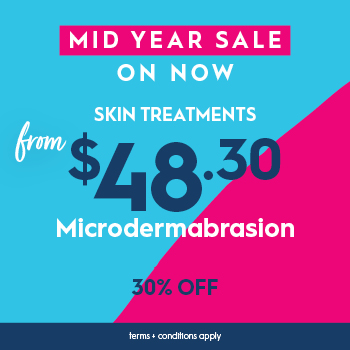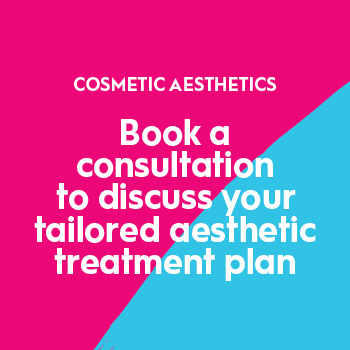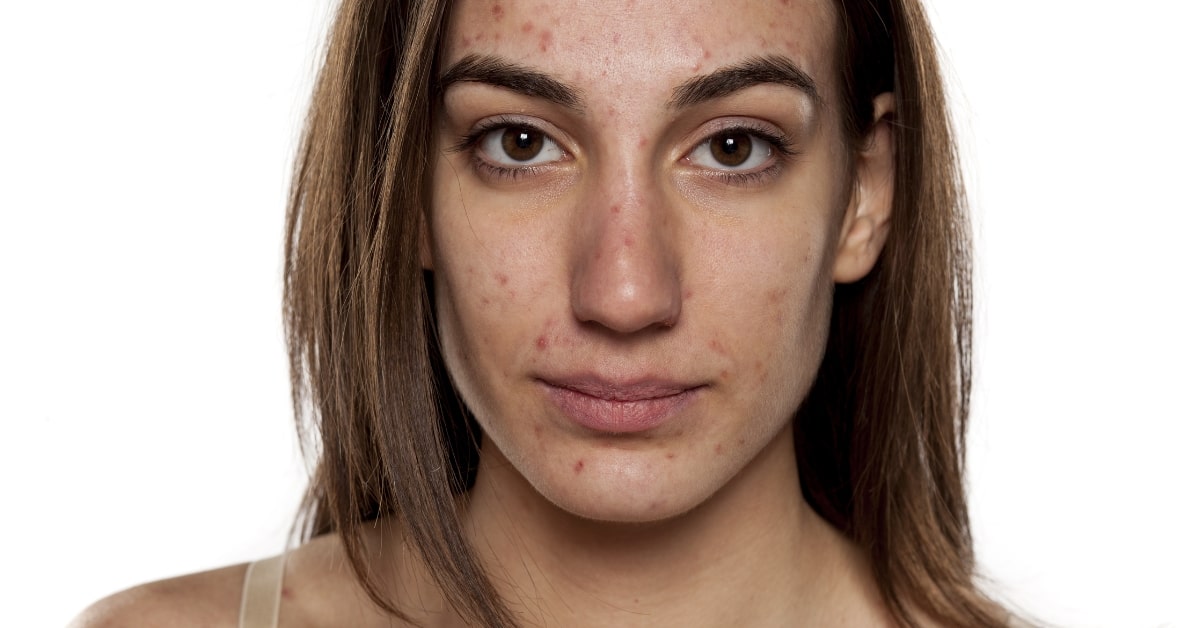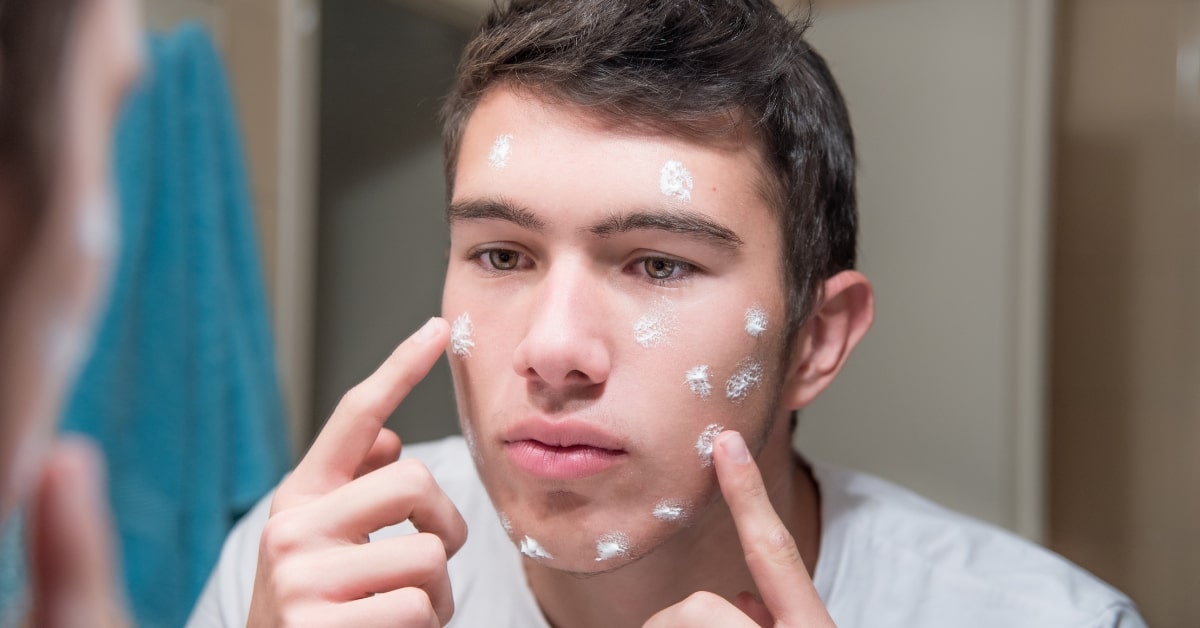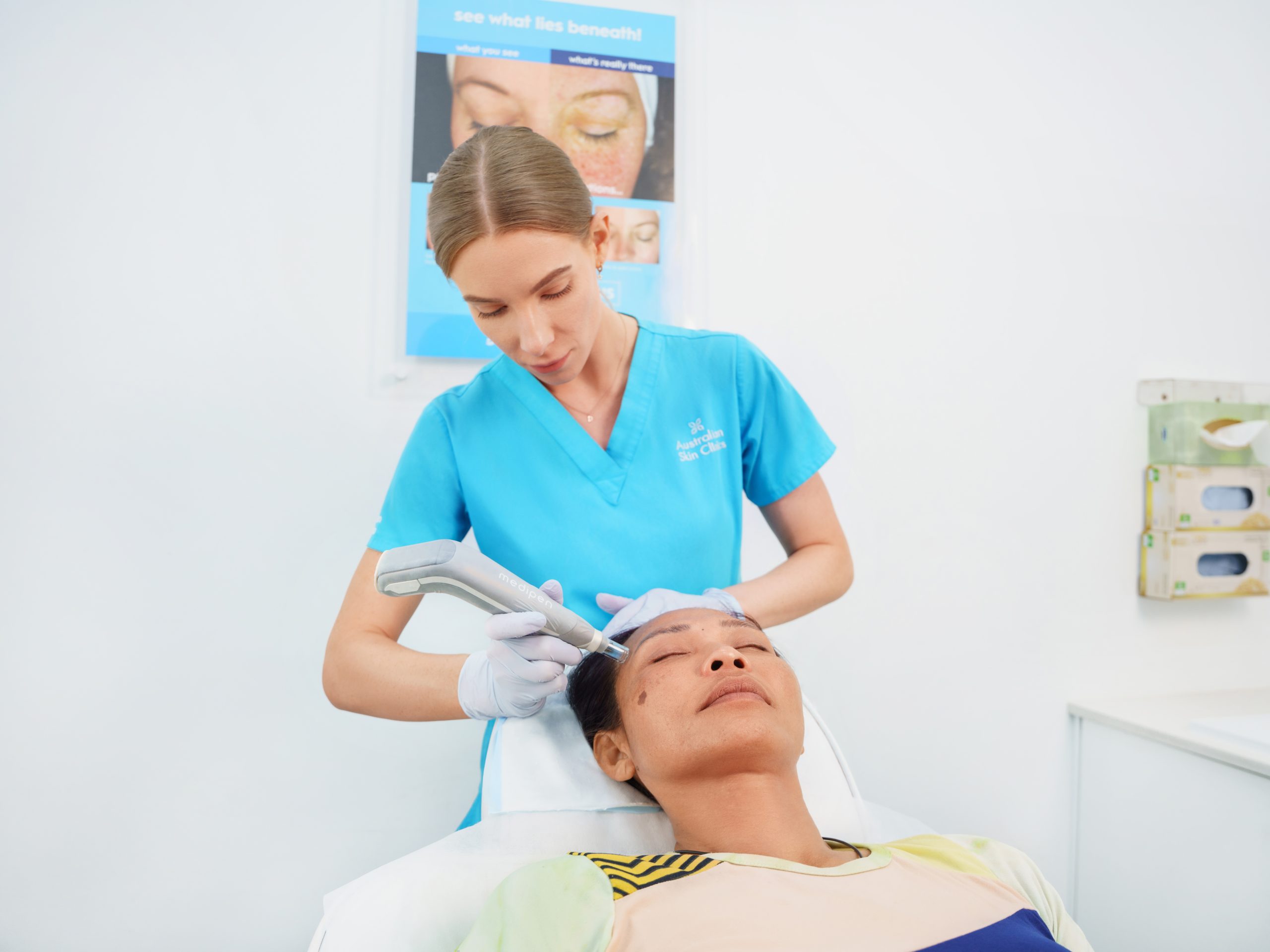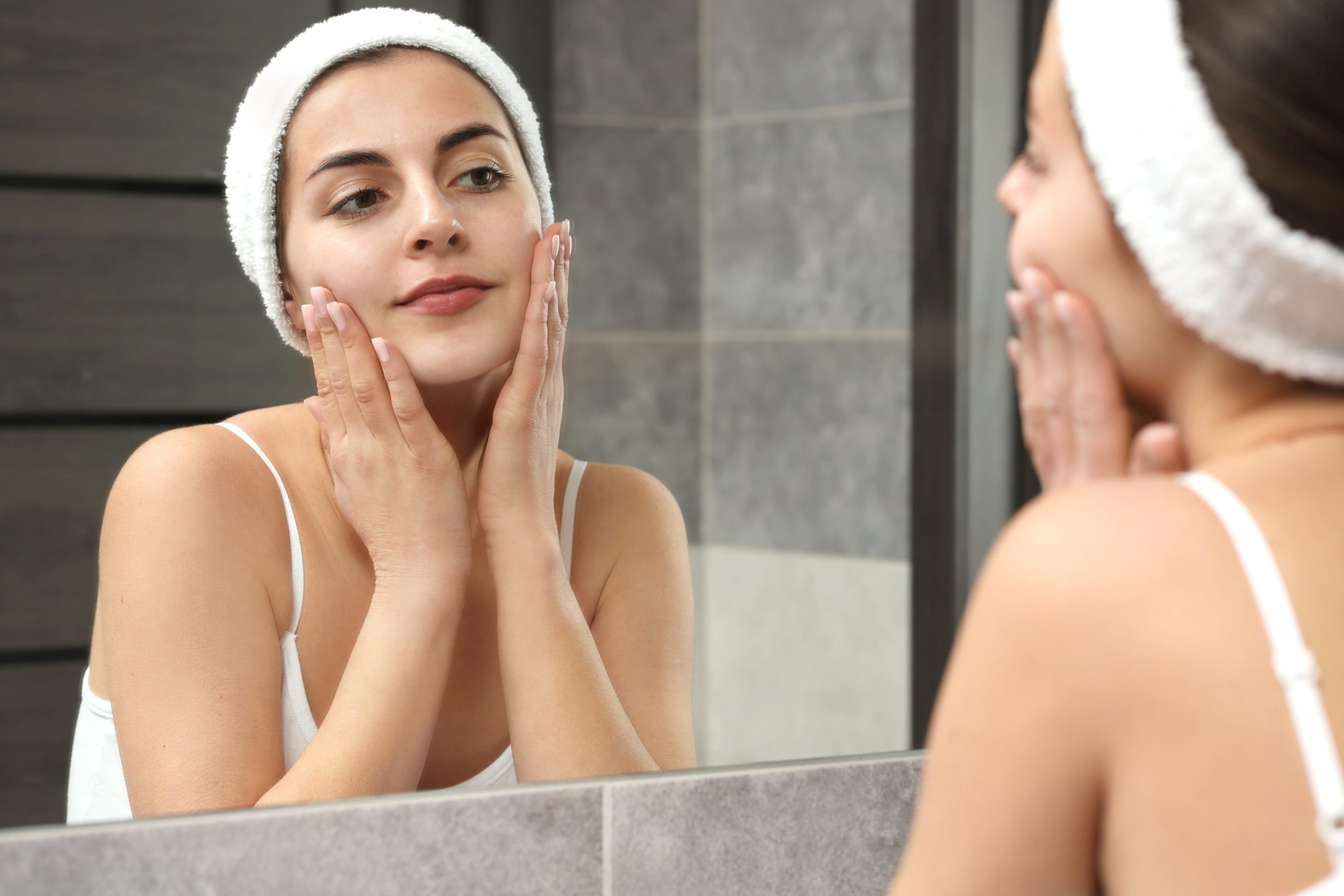Gone are the days of begging your mum to borrow her foundation for school photos to cover up the embarrassing effects of teenage acne, or madly trying to hide the pimple that’s popped up the morning of formal… or so you thought!?
If you were plagued by acne in your younger years, or maybe lucky enough to cruise through that awkward stage without the stressful breakouts, you might now be devastated to find adult acne has suddenly popped up with a vengeance. You’ve probably already thrown your hands up in the air and screamed to the skin gods: “WHYYYY?!”
Fear not! There are answers. Better yet, there are solutions to adult acne! Strap yourself in and be prepared to take a wild ride on the journey that is adult acne.
Why me?
The good news is, you’re not alone! According to the most recent Global Acne Market Report (yes, this exists), more than 90 per cent of the world’s population is affected by acne at some point in their life while 80 per cent experience acne from the onset of puberty until well into their 30’s.
It’s totally normal to suffer from some form of acne well into your adult years. There are many different types of acne. Some of the more serious forms can be long term and require medical treatment, however other mild cases are easily treatable with the right routine in place. We see clients of all ages, from pre-teen through to mature adults presenting in clinics with acne, and it is nothing to be ashamed of. Let this bring you some comfort in knowing that it’s bizarre if you’ve never had or don’t have acne.
What causes adult acne?
We’ve all heard the old wives’ tales on the common causes of acne: junk food, touching your face with dirty hands, talking on your mobile phone too much, stress, bad hygiene, not drinking enough water, not having a skincare routine, etc. While some of these factors are plausible, when we get to the root of it, acne really begins in your pores – otherwise known as hair follicles.
REALTED: Does chocolate cause breakouts?
When bacteria called ‘staphylococcus aeries’ gets into your hair follicles, folliculitis can develop. Folliculitis is an inflammation or infection of the hair follicle, which results in a tender red spot, often with a surface pustule or pimple. When folliculitis takes too long to heal, that’s when the case can spread and you’re faced with an acne problem.
How to avoid it
Folliculitis can come about in many ways and there are a few things to look out for, but its starts with listening and paying close attention to your body! If your hormones happen to be fluctuating, your skin is producing more oil. If you’re also using an ointment with a high oil content, the oil overload might encourage blocked follicles, which could lead to folliculitis.
Bathe or shower daily with a mild cleanser especially after you exercise, use clean towels and avoid sharing towels or face washers with someone else. If you’re prone to body acne, avoid wearing tight clothes to help reduce the friction between your skin and the material and steer clear of spas and public baths. Bacteria develops in heated pools that are not well regulated and can cause folliculitis.
How to treat it
Our skin behaves differently as we age, so we need to treat acne differently at different ages to see results. The solution in your teen years likely won’t help you in your ’20s or ’30s. Australian Skin Clinics recommends a consultation with a dermal technician to determine a treatment program and accompanying skincare regime that’s best suited to your personal situation and skincare goals.
Microdermabrasions are one of the most popular treatments for fighting acne as they promote your skin’s rejuvenation process by removing the dead skin cells through diamond-tipped exfoliation. Medi-aesthetic face peels also combat acne by rapidly improving the texture and tone of your skin and the addition of LED Light Therapy post microdermabrasion or peel can deeply penetrate and heal the skin while further eliminating acne-causing bacteria.
If you’re struggling with adult acne and would like to speak to the experts at Australian Skin Clinics, contact your local clinic to book a complimentary consultation today!


